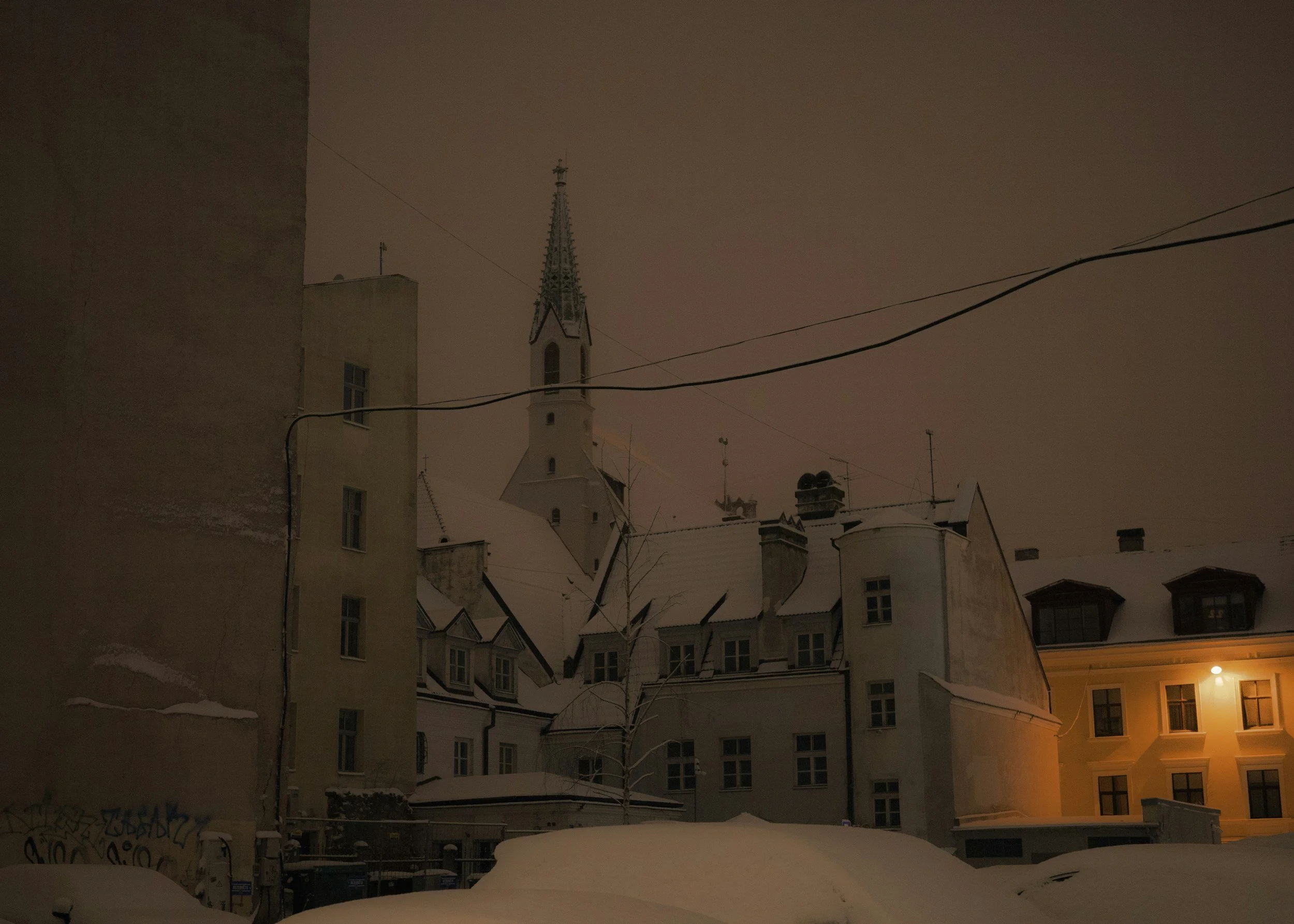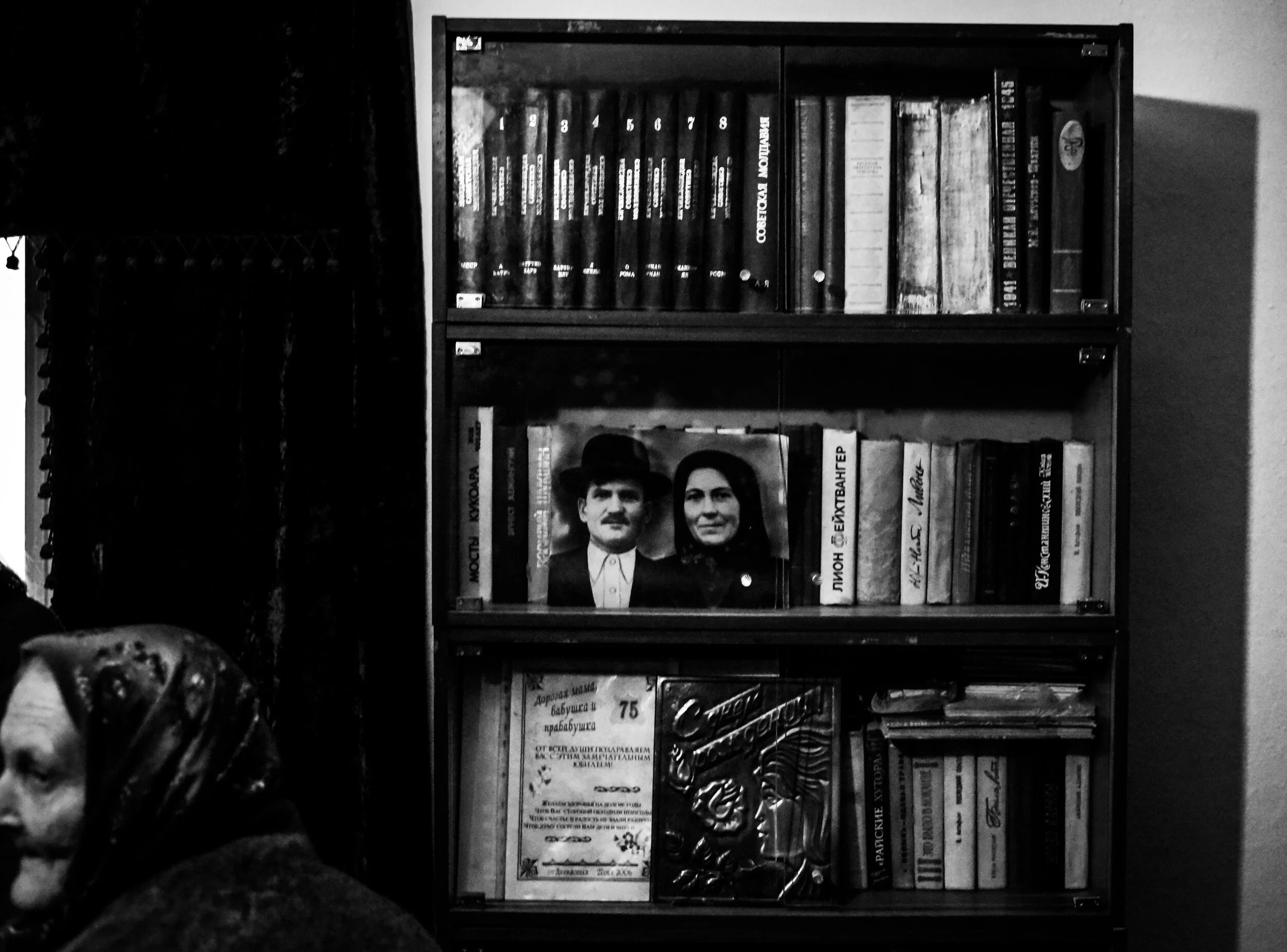
When the Air Held Its Breath — on the Poetic Record of War in Oksana Maksymchuk’s ‘Still City’
Reviewed by Anya Avrutsky
Written in the few months leading up to and following Russia’s full-scale invasion, the book bridges a documentary and surrealist style, capturing a city on the brink. Maksymchuk, a Ukrainian poet and translator from Lviv, began writing Still City six months before February 24th, from a building overlooking an old prison courtyard where political prisoners had been executed during WWII. Such a setting serves as a reminder of how little time has passed since the last war that ravaged Ukraine.

Two wartime poems
by Olena Herasymiuk
Translated from the Ukrainian by Viktoria Ivanenk
I am standing on the stage that
no longer exists
it’s not a stage — it’s a mass grave,
under it
buried alive, lie thousands of
men, women, and their children —
the dead, the living, and the unborn

A Room without Shadows
by Andriy Sodomora
Translated from the Ukrainian by Sabrina Jaszi and Roman Ivashkiv
There before me was a bare window without even the sheerest covering, and in an instant I took in the whole room: It was lit by a bright incandescent bulb dangling from the ceiling on a long wire. In the middle of the room, on a little stool directly under that light, sat an old woman, wrapped in some dark garment, her head covered by a dark kerchief.

Irena Karpa: “If fear arises, I always go and do what causes it”
Interviewed by Olena Lysenko
“I’ve never had any taboos when it comes to humor. However, I would never joke about the victims of violence, and I do not support sexism or victim-blaming. That’s unacceptable for me. Humor always remains somewhat incorrect and absurd.”

Three wartime poems
by Natalka Marynchak
Translated from Ukrainian by Lada Kolomiyets
everyone will have their own story
of broken paths and breathlessness
everyone will have their own defended territory
of roaring and laughing
I now have a heart
of reinforced concrete
it knows neither pity
nor comfort
